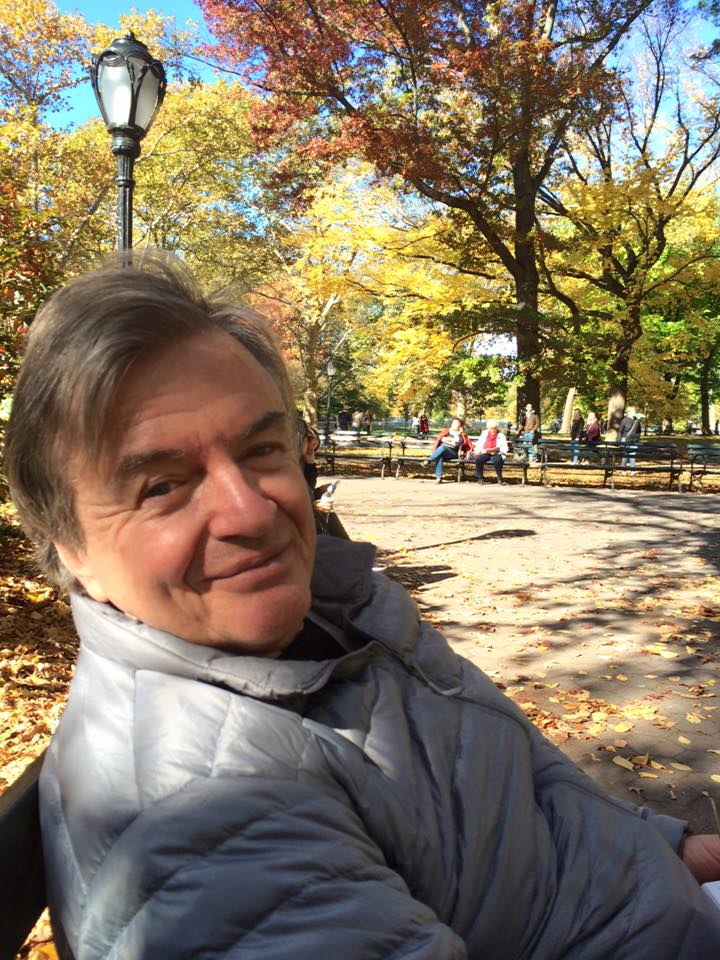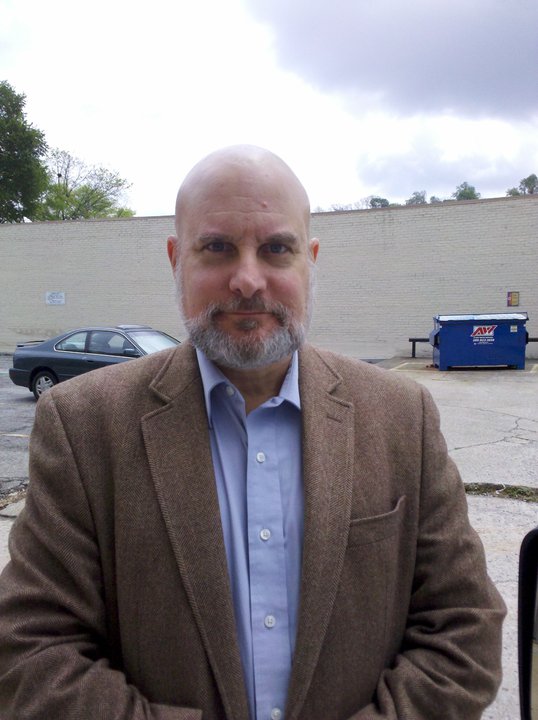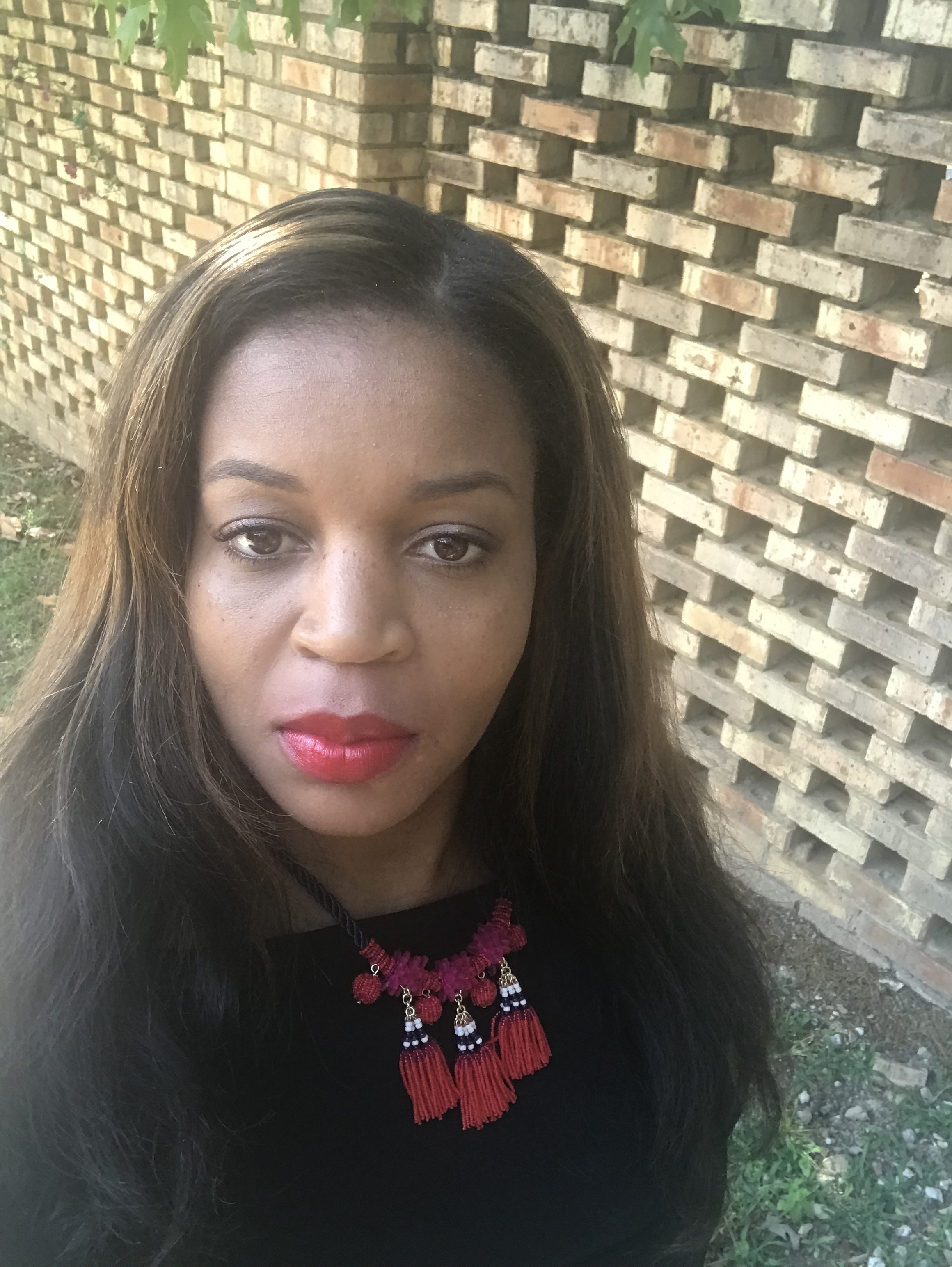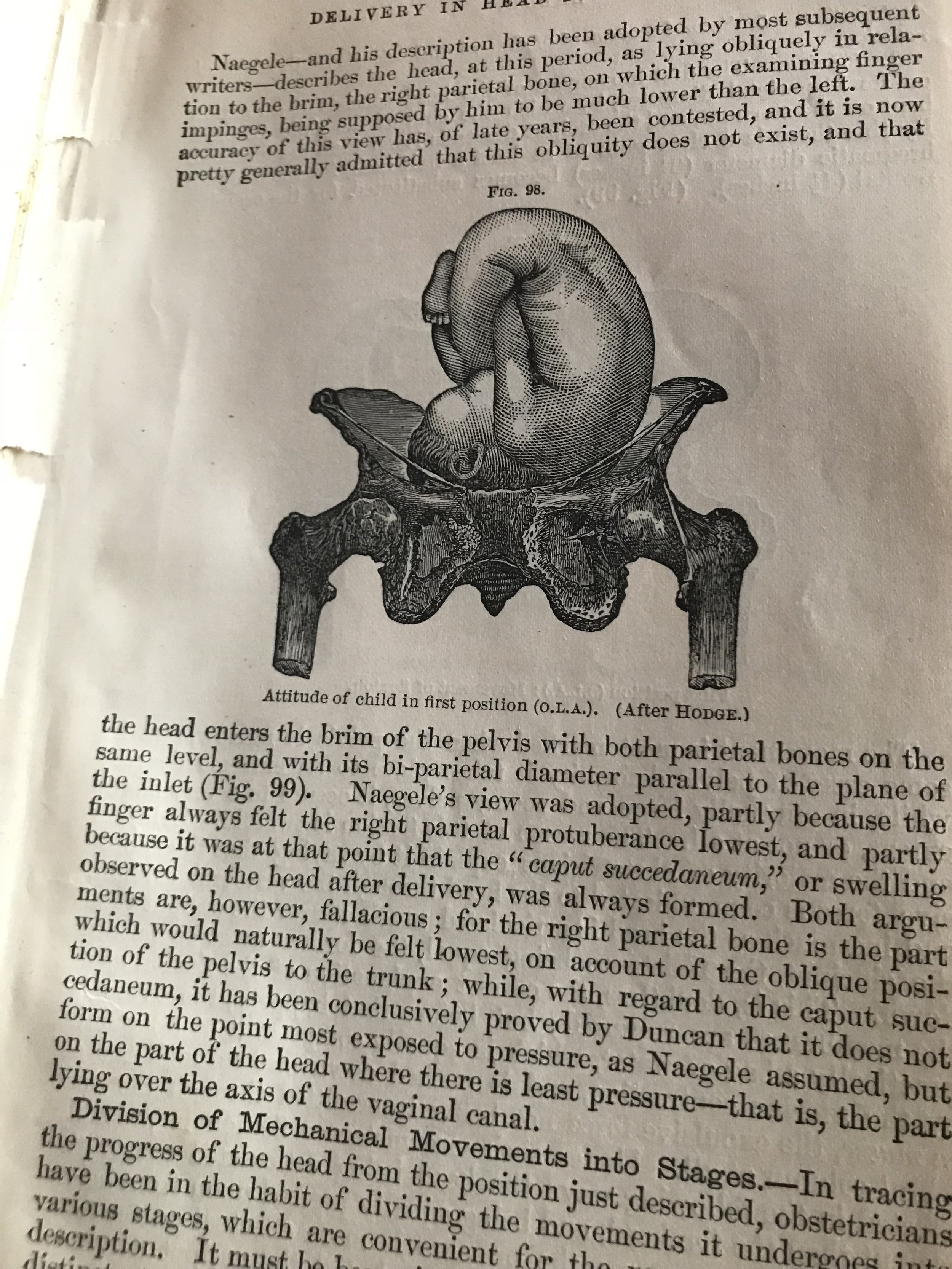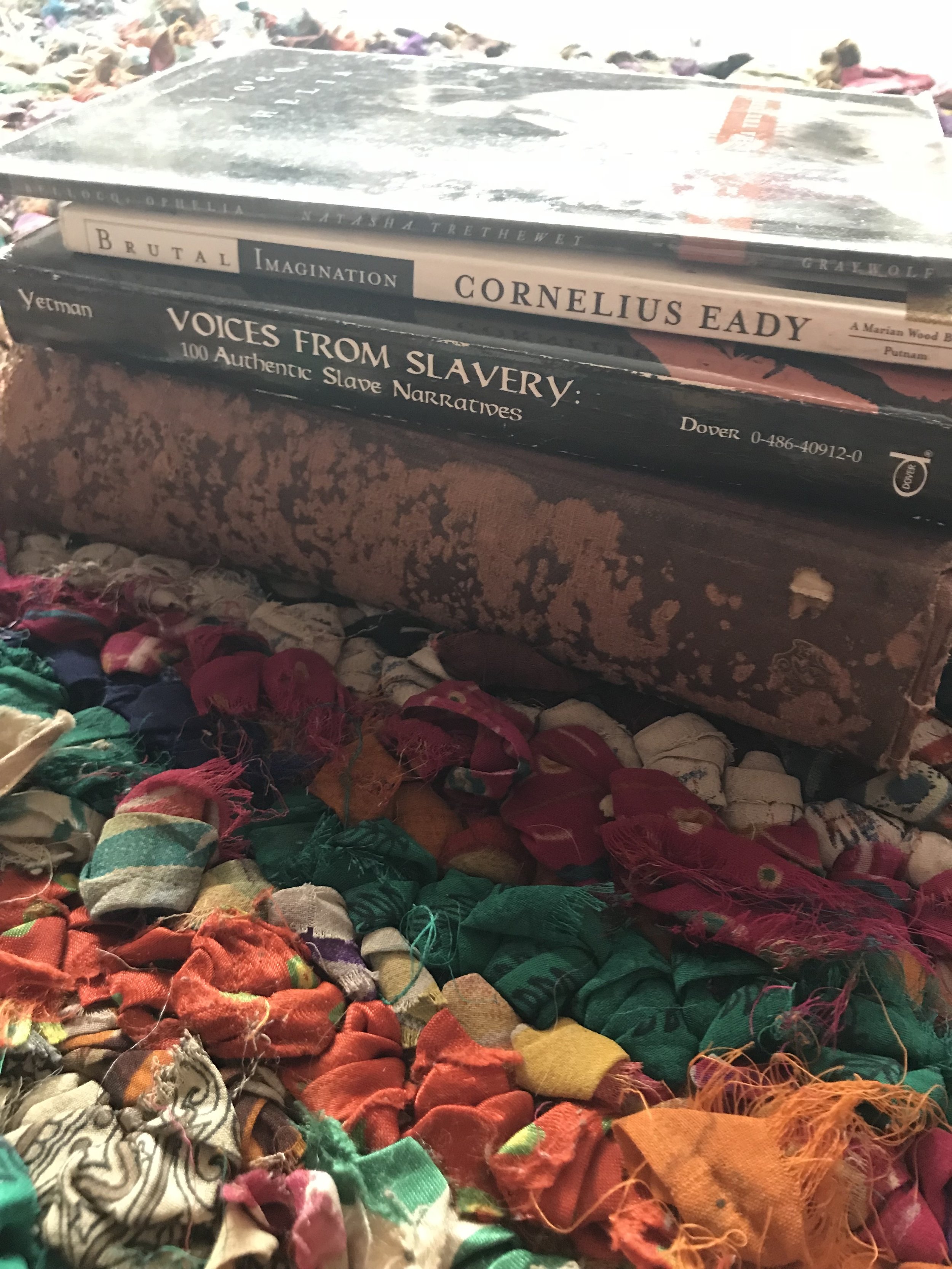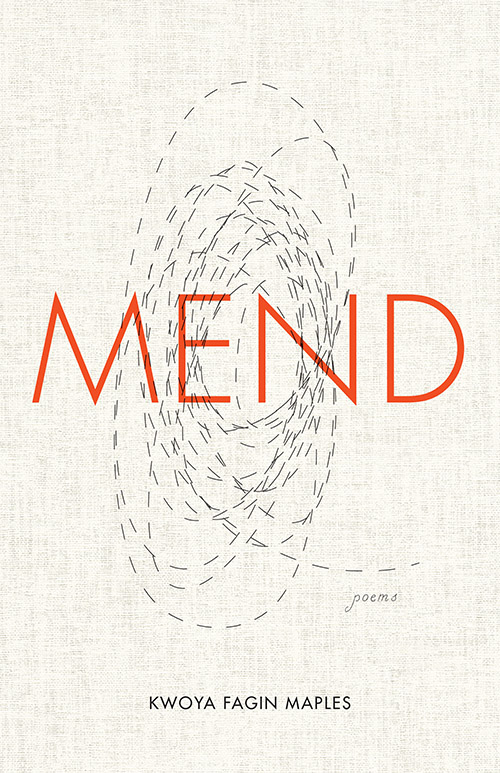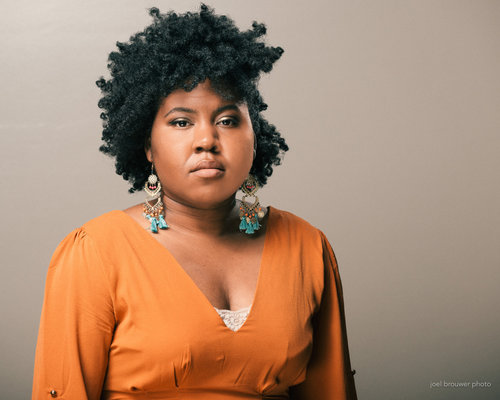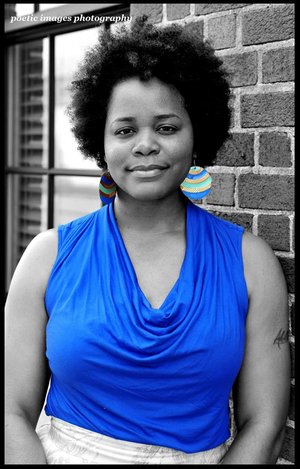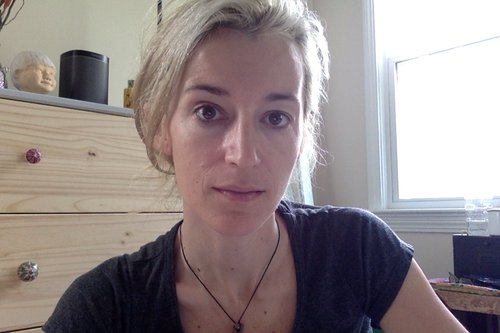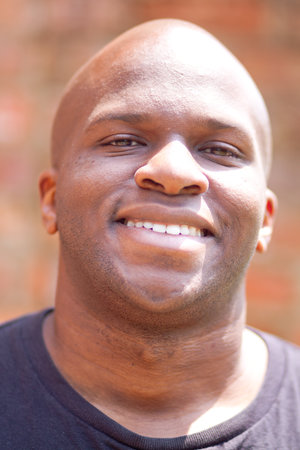Alina Stefanescu chatted with new member, Caleb Johnson, about his roots, his cravings, and his debut novel.
All photos taken by Irina Zhorov
“Touch the manuscript every day, even if you only do so in a seemingly trivial way. ”
ALINA: I'll start with a confession. You're the only writer I've met who grew up in Arley, Alabama. Tell me about Arley, what you loved most about it, what you miss, what it taught you.
CALEB: Well, my aunt Jessica Sampley is a published poet and my great-grandmomma Gladys Chambless wrote a column for a local newspaper for many years. My momma, of course, likes to claim writing runs in the family, though I'm not sure that's how it works.
Arley is a rural community on Smith Lake, about 1.5 hrs north of Birmingham. It still doesn't have a stoplight or any fast-food restaurants. I loved many of the traditions and rituals of growing up in a small place. Like high-school football games and community dinners and, for a time, going to church. When I was a kid we had this preacher who wore turquoise suit jackets and sweated a lot and used boxing metaphors in his sermons. I liked him. To my mind, he seemed like the kind of guy who might actually speak with God.
I grew up in the woods on my grandmomma's land, which served as inspiration for the land in my debut novel, Treeborne. Those woods are where I became a storyteller. I'd make up stories for things I saw -- animals bones, trash, odd rock formations -- then go back to the house and tell my family while we ate Sunday dinner.
I miss Smith Lake itself most of all. It's a beautiful deepwater lake with orange and pink sandstone shores. There's no better place to swim.
ALINA: In your Alabama history lies the Druid City. Any special experiences, organizations, individuals, places that left their mark? If so, describe. If not, pretend I didn't ask.
CALEB: Tuscaloosa will always be special to me. There I met some of the best friends I have in this world. We spent many late nights at Egan's. During summer, after the bars closed, we'd often wander to a pool outside some apartment complex or down to the Black Warrior River and swim until the sky lightened with dawn.
A lot of folks I know have moved away from Tuscaloosa. I feel a particular sadness, a loss, when I go back. I reckon that's just getting older, maybe. I try to go back every year for a football weekend. Saturdays in the fall I refuse to write. Those are my days off. I cook and watch however much college football I can stand. My buddy Bo Hicks still holds it down in Tuscaloosa. Go check out his place, Druid City Brewing, when you're in town.
ALINA: I do love the one and only Bo Hicks. Your debut novel, Treeborne, is forthcoming from Picador this June. What inspired it? How long did it take to write? In the process, did you make any big structural changes or was this something that came fully formed? Explain.
CALEB: I started writing Treeborne in 2011. I'd just moved to Laramie, Wyoming to attend graduate school. I knew I wanted to write a novel during my two years there. I'd tried to write one already and it stalled somewhere about halfway through. This was my first time living outside the state of Alabama. I thought I'd come right back home after I graduated, but life has a way of surprising you. I met someone and I fell in love, we got a dog, and now here we are living in Philadelphia for the time being.
In Laramie I tried to write a straight historical novel and that just wasn't working. I don't like to do the kind of research required for such a project. I just kept writing though. I was homesick, which certainly influenced what I was doing on the page. Eventually, characters and settings emerged. I didn't have a plan, really. I knew when I had Janie and Maybelle Treeborne that I was on to something though. All I had to do was watch and listen-- not so different from what I'd do in those woods as a kid.
ALINA: If you had only had five music albums to play until the end of your time on this planet, what would they be?
CALEB: Rather than albums, let me name five artists in no particular order--
Elvis Presley
Hank Williams
Lee Bains III
Alabama
Loretta Lynn
ALINA: I absolutely agree with you on Lee Bains III--he's the only musician I know that 1) gave the Bryce Asylum its due as a liminal space in Tuscaloosa 2) mentions Walker Percy in a lyric 3) strings the pulse of southern rock. Speaking of pulse, I first heard your name earlier this year when I read your beautiful essay, "Gabriel García Márquez’s Road Trip Through Alabama" in The Paris Review. How did that piece happen? Any interesting tidbits or facts that you left on the cutting room floor? Any other writers that (surprisingly) evoke Alabama for you? Why or why not?
CALEB: I was reading some magazine pieces published around the time of Márquez’s death and in one I saw mention of this Greyhound ride he and his family took through the South. There were maybe two sentences on the subject before the writer moved on. I'd never heard this before, nor had I considered Márquez would've set foot in the region. I'm a sucker for literary pilgrimages and biography, so I had to know more. One thing led to another and there I was on the phone with Gabo's best friend, the writer and diplomat Plinio Apuleyo Mendoza, hearing stories just once removed from Márquez himself. I knew I'd have to write about this experience and that time in Márquez's life. I'm glad The Paris Review published the piece on its website. They do great work.
ALINA. In his essay, “100 Things About Writing a Novel”, Alexander Chee said: The novel is the most precise analogy the writer can make to what was seen in the rooms and trains and skies and summer nights and parties where the novel was written, as the writer walked in moments with the enormous imaginary friend, before returning to the others, which is to say, the writer’s life.
If you could made a list of "5 Things About Writing a Novel," what might you include?
CALEB:
1. Touch the manuscript every day, even if you only do so in a seemingly trivial way.
2. Don't be afraid to write badly and throw out pages later.
3. Have a routine-- whatever works for you. Ignore writing advice, unless you're reading it to make yourself feel better about your own work habits.
4. It's okay to step away from the computer for a minute. Keep a big plastic cup -- if possible, the kind you overpay for at sporting events -- filled with water beside you desk (not on; you will spill). Drink, get up to pee, refill, repeat.
5. Adopt a dog. No other living thing will love you unconditionally.
ALINA. What writers are you currently reading and loving? Why?
CALEB: I just finished Things We Lost in the Fire, a short story collection by the Argentine writer Mariana Enriquez. The stories in this book are flat-out disturbing and beautiful. Enriquez puts realism and the supernatural side-by-side to great effect her stories about murdered children and stoned teenagers and police brutality and abused women. The details she includes will have you just slack-jawed on every page.
ALINA. Take us back to 7-year-old Caleb. A neighbor asks him what he wants to be when he grows up. What does he say? Is this different from 12-year-old Caleb's answer? When did you realize you wanted to be a writer? What does that even mean?
CALEB: I probably said I wanted to play basketball at The University of North Carolina-- Chapel Hill, then for the Chicago Bulls. I loved Michael Jordan and the colors of those teams' uniforms. This dream ended as my growing did and I was forced to reckon with my athletic limitations.
At some point in my childhood I remember reading a Michael Crichton novel my momma'd bought me at Walmart. I told my folks I wanted to be an author when I grew up and they said something like, "That ain't a job. You can't make a living at it." They weren't wrong, but they're supportive of my pursuits-- no matter how fool-headed some have been. They told me I could be anything I wanted to be, which, since I took it to heart, has led to disappointment and to joy. I'm grateful they've never pressured me to pursue a certain career. I know that must not be easy for parents, because they're afraid of what'll happen if things don't work out.
ALINA: You currently live and teach in Pennsylvania. What do you miss most about living in the South? What do you not miss at all?
CALEB: I miss the food, of course. I miss the landscape. I miss my family and friends. I miss the voices and the way folks interact with each other. I'll never get over what I perceive as a kind of rudeness that the a big city like Philadelphia seems to encourage in folks. I think it has to do with the competition for space and for resources and inequality when it comes to accessing both. I'm not a Southerner who left because he did not love his home. I left to accomplish some things. I'm not done yet, but I fully intend to return to the South and give back to the place that has given me so much.
ALINA: Finally, because I'm hungry and dreaming of lunch, describe the food and drink of your favorite meal. Do you have a favorite vegetable? If so, which one and why?
CALEB: Cold fried chicken, mustardy potato salad, bread and butter pickles, a fresh-sliced tomato just covered in salt and pepper.
Caleb Johnson is the author of the novel Treeborne. He grew up in Arley, Alabama, studied journalism at The University of Alabama in Tuscaloosa and earned an MFA from the University of Wyoming. He has worked as a small-town newspaper reporter, an early-morning janitor, and a whole-animal butcher, among other jobs, and has been awarded a Jentel Writing Residency and a Walter E. Dakin Fellowship in fiction to the Sewanee Writers' Conference. Currently, Johnson lives with his partner, Irina, and their dog, Hugo, in Philadelphia, where he teaches while working on his next novel.
Booking-- To book Caleb for an event, use this form on his website, or email--
Publicist: Sara Delozier, sara.delozier@picadorusa.com
Literary Agent: Amelia Atlas, aatlas@icmpartners.com
All photos taken by Irina Zhorov.
Upcoming Treeborne events in Alabama:
June 13: The Alabama Booksmith - Birmingham, AL - 5pm
June 14: Arley Public Library - Arley, AL - homecoming event feat. homemade peach desserts and coffee, 5pm
June 20: Page & Palette - Fairhope, AL - 6pm
June 23: Druid City Brewing - Tuscaloosa, AL - in conversation w/ Blaine Duncan, feat. music by Doc Dailey, and smoked meats by Bo Hicks and Turkey and the Wolf's Nate Barfield, 6pm







